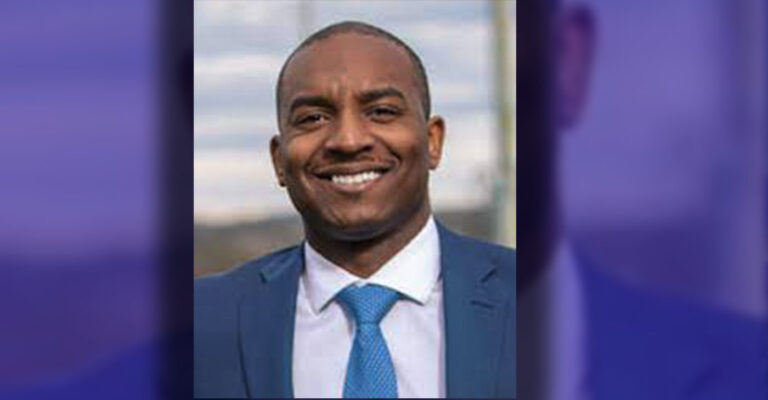By Hunter Gilmore
Growing up in Washington, D.C., Adrian Jordan knew what it meant to live without health insurance. Now, as president of WellPoint DC, he’s determined to make sure no child in the District feels that same gap in care.
“I was very well aware that I didn’t have insurance as a kid—It stuck with me that, hey, a lot of my peers—they didn’t have these issues, and it just made me honestly want to work harder,” Jordan said. After graduating from Florida A&M University, Jordan returned to D.C. to engage in community involvement and work on the D.C. Council, while maintaining a focus on healthcare. His objective has always been to have a tangible impact. “Instead of me working on the policy side, saying everything’s fixed—I want to go see in the delivery of care.” At Wellpoint DC, Jordan leads with a “whole person health” approach that goes beyond the clinic. “We have doctors, we have nurses, we have pharmacists—but we have to understand that there are other things that are involved in what makes a healthier person. If I have a job, but I’m underpaid and I don’t have enough to feed my kids, that could trigger a behavioral health issue,” he said.
Partnerships with organizations like Food & Friends reflect that philosophy. “It’s not even whole person, it’s whole family—a 365-degree halo around them,” Jordan said. That same focus on family wellness extends to how Wellpoint DC builds partnerships across the city. Reflecting on Wellpoint DC’s collaboration with the D.C. Connected Care Network (CCN), he says, “The partnership started with trust, and it just became a collaboration on what are the most important things to us—and we’re starting to really see the dividends pay off now.” The partnership uses a shared-savings, value-based model focused on key quality measures. “We chose about seven to nine key quality measures. Things like well-child visits and behavioral health follow-ups, because we want to be first in D.C. on making sure our kids are getting their screenings and people in crisis are getting the care they need.”
Jordan sees technology as a critical driver of progress. “We’re using AI to try to get waste, fraud, and abuse out of the system—that’s why value-based deals are the most important, because we’re creating a partnership,” he explained. “Between value-based care and the adoption of AI in a positive way, I think we can really see health outcomes improve in the short term, as well as maybe five years from now.” But technology alone isn’t enough. He points to access as one of the biggest barriers to equity in the District. “If we can’t find you, if your doctor can’t find you, it doesn’t matter… If you are unhoused, you are not worried about half the stuff we’re talking about—AI, value-based deals, and having insurance.” Looking ahead, Jordan says success will be measured in outcomes, not promises. “Working backwards, a model of demonstrated success that shows this is how you do it… How do you prevent ER readmissions or people who go to the ER because they stub their toe?”
For him, the goal is simple: transformation you can see in the data and feel in the community. “At the end of the day, if I’m right, you’ll see it in the numbers. Five years from now, wow, people are a lot healthier than they were five years before.”







